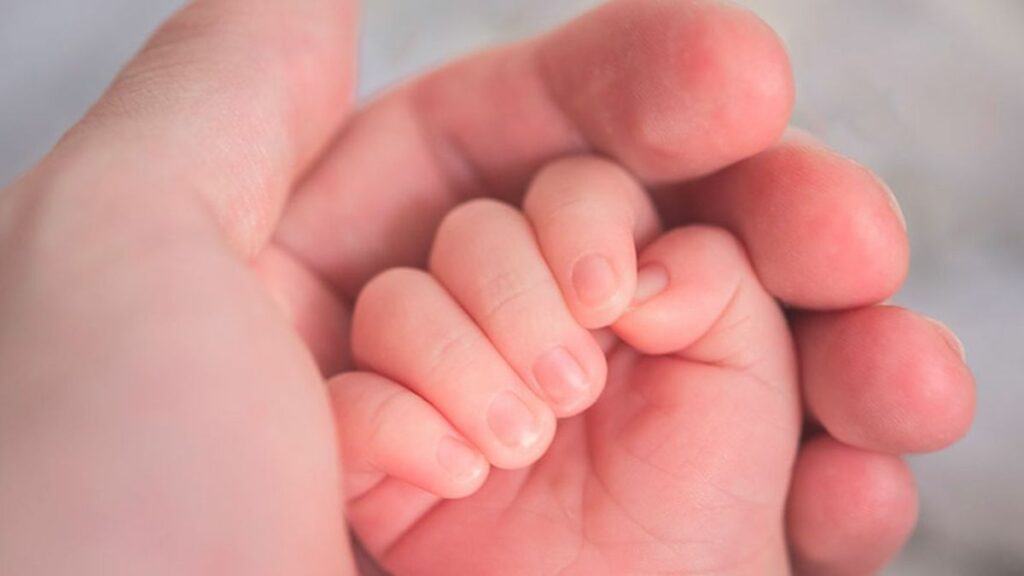Last updated on September 20th, 2021 at 08:31 am
Saint Marino (275 ca.–366) was a stonecutter of Dalmatian origin. He fled the persecution unleashed by the Roman Emperor Diocletian (244–313) against Christians, finding refuge on Mount Titan. Today, on that same hill stands a tiny republic named in his honor, the Republic of San Marino. This tiny state is still a haven, but this time for those who are conceived but not yet born. In fact, it is one of the very few countries in Europe where abortion is forbidden, with the sole exception of when the mother’s life is in danger. However, this peculiarity could soon disappear. On September 26 a referendum will be held, called by the Union of San Marino Women (UDS), which could overturn the protection of unborn life.
The referendum question
Over the years there have been several attempts to introduce abortion through popular petitions or bills still pending in the San Marino Parliament. Now they are trying to do it via referendum. The question that citizens will be faced with on September 26 reads: “Do you want a woman to be allowed to voluntarily terminate her pregnancy by the 12th week of gestation, and even thereafter if there is danger to the woman’s life or if there are abnormalities and malformations of the fetus that pose a serious risk to the woman’s physical or psychological health?”
Abortion up to birth
“We are concerned because the question is rather general,” Antonella Mularoni told ifamnews.com. Mularoni is a San Marino lawyer and notary public, a former judge of the European Court of Human Rights, Secretary of State for Foreign Affairs and Captain Regent of San Marino (Head of State). Mularoni is also a representative of the One of Us Committee lobbying for a “no” result to the referendum. She notes the absence of a time limit for many cases, meaning that if the referendum passes, women in San Marino would be allowed to abort their babies up to the ninth month of pregnancy. “It is unacceptable, even in case of fetal anomalies or malformations. And the reference to the ‘psychological’ health of the woman makes the margin of arbitrariness to allow late-term abortion very wide and dangerous.”
Even for minors
If the referendum is approved, the ball would then pass to the Parliament of the Republic. There are currently two bills pending on this issue that have many points of convergence, explains Mularoni. One was introduced in 2019 by none other than the UDS, and it would allow girls between the ages of 16 and 18, and in some cases even those under 16, to have an abortion without the consent of either their parents or a guardian or a judge. “So the parents will be required to sign the note of absence from school, but when it comes to abortion, the girl will be able to do everything on her own. At a time in her life when she needs someone more than ever, she will be left alone.”
Conscientious objection in danger
But that’s not all. “The draft severely restricts conscientious objection,” she says. “It even provides that once the law enters into force, San Marino Hospital will only be able to hire abortionists.” “This is appalling discrimination,” Mularoni observed, because “obviously our Constitutional Charter includes the freedom of conscience as well.” In addition, she adds, “this discrimination would force all our young doctors and more generally our non-abortionist health personnel to be vaccinated, since there is only one hospital in San Marino, which is a public institution and in which they could not work because they could not be employed”.
The risk of “abortion tourism”
“It is clear that the legislator, should the referendum question be approved, will be able to put some stakes,” Mularoni continued, “but it is equally clear that these are the intentions of the proponents of the referendum.” Intentions which, if they were to be fulfilled, would give San Marino a much more permissive legislation on abortion than the Italian one. “The risk is that this will generate ‘abortion tourism’ from other countries,” says the lawyer.
Pro-life initiatives
The stakes are very high. The referendum campaign in San Marino is underway and will end two days before the referendum, on September 24. It also coincides with the start of the One of Us Committee’s campaign for life with speeches by Committee members and guests, closing on the evening of the 24th. On September 14, the Concordia Cinema in Borgo Maggiore screened Unplanned, a moving film against abortion based on the true story of Abby Johnson. It is hoped the film will stir more than a few consciences and–with the intercession of Saint Marino–give strength to those fending off the wolves in the oldest constitutional republic in the world.
